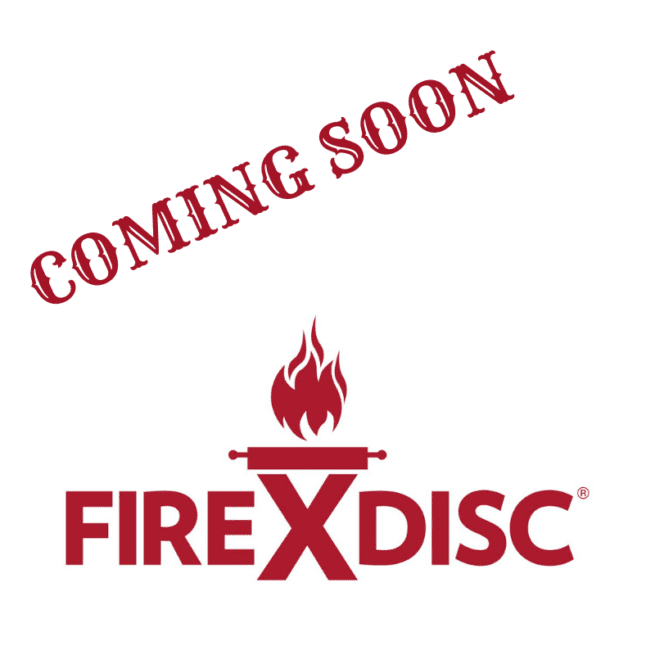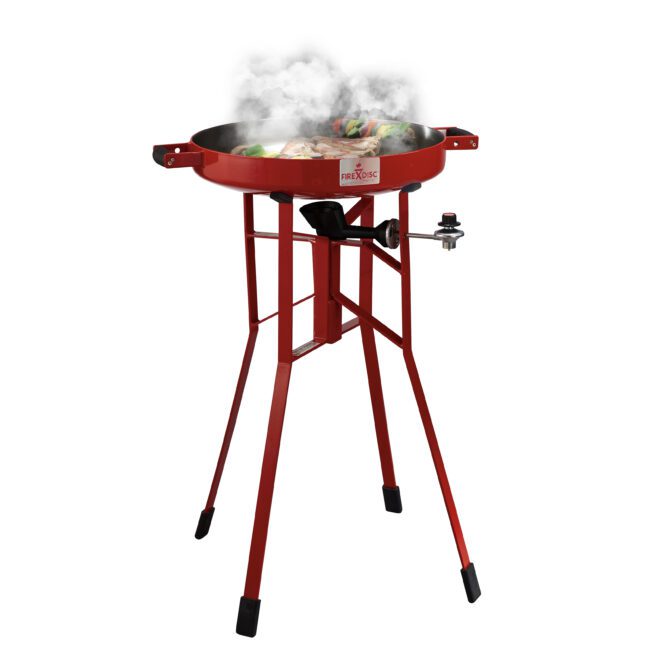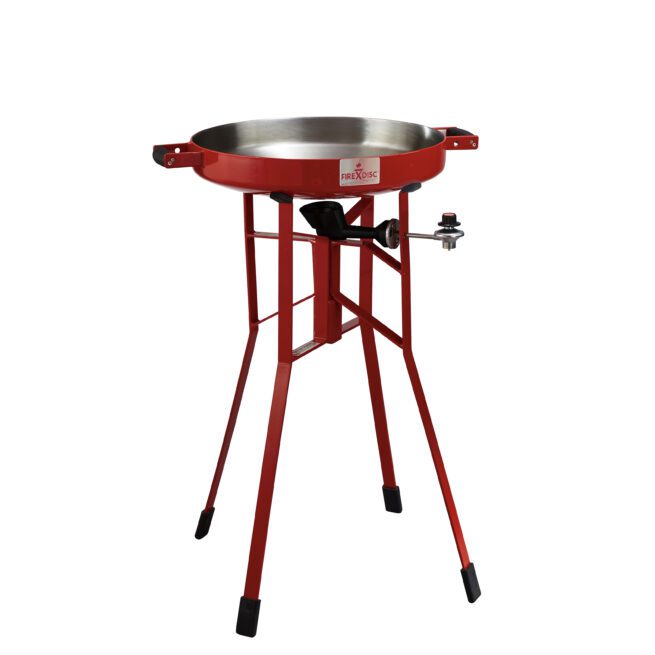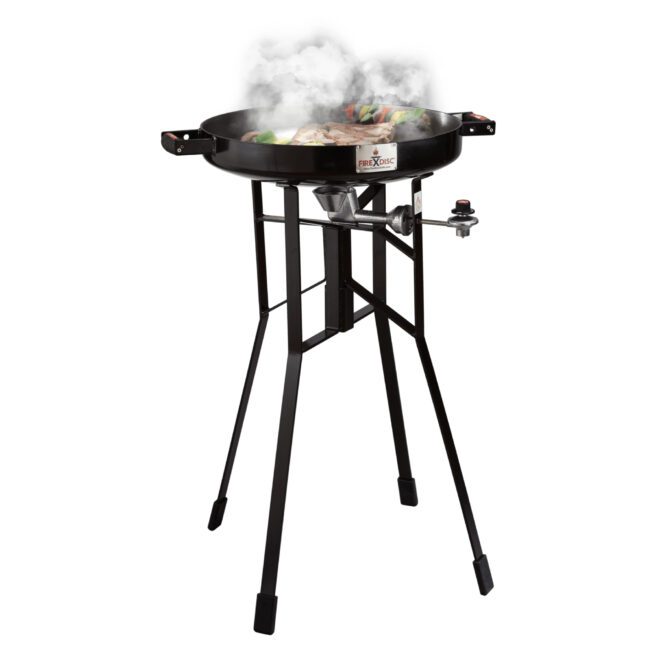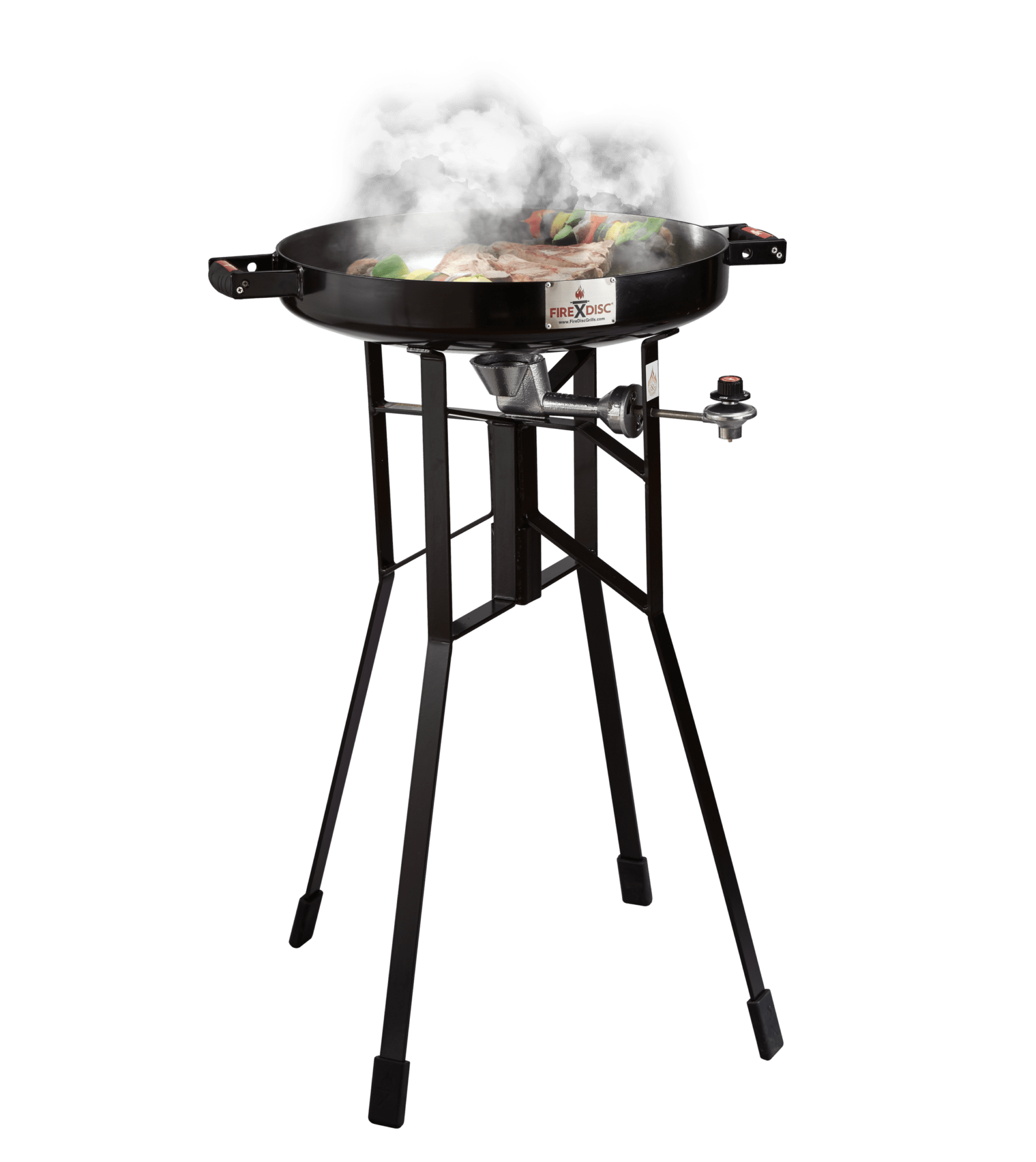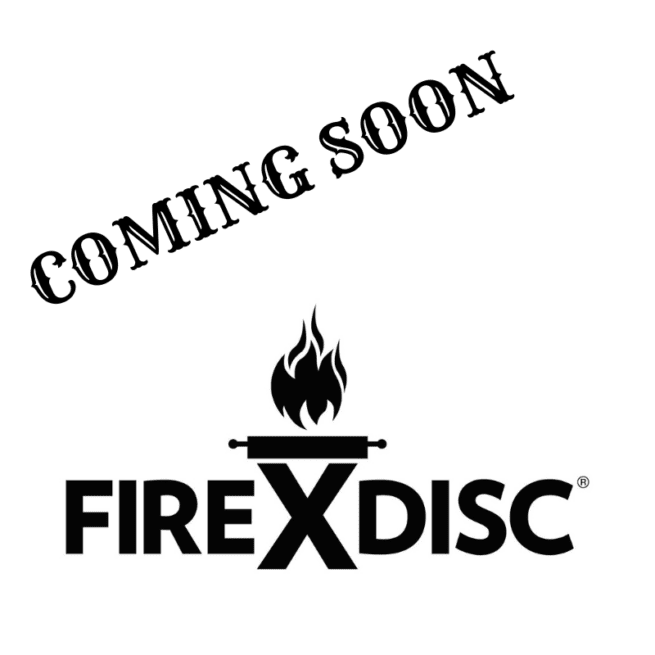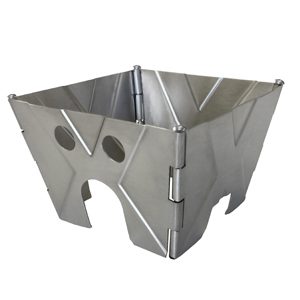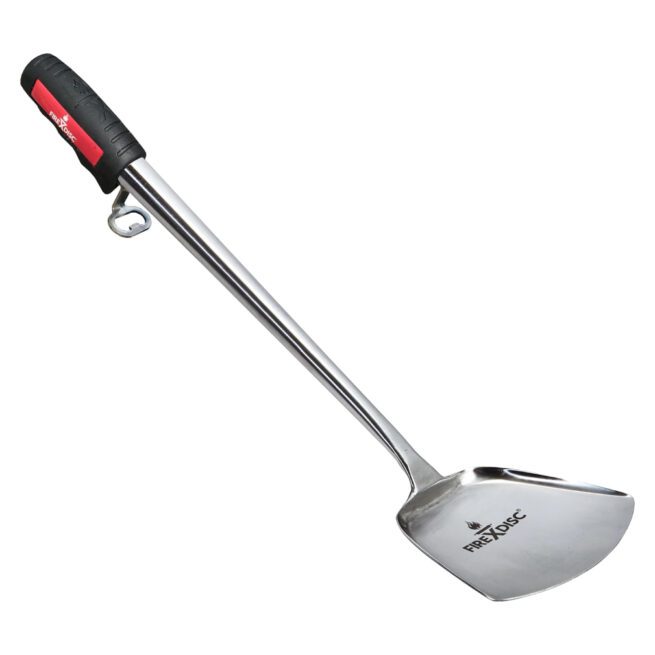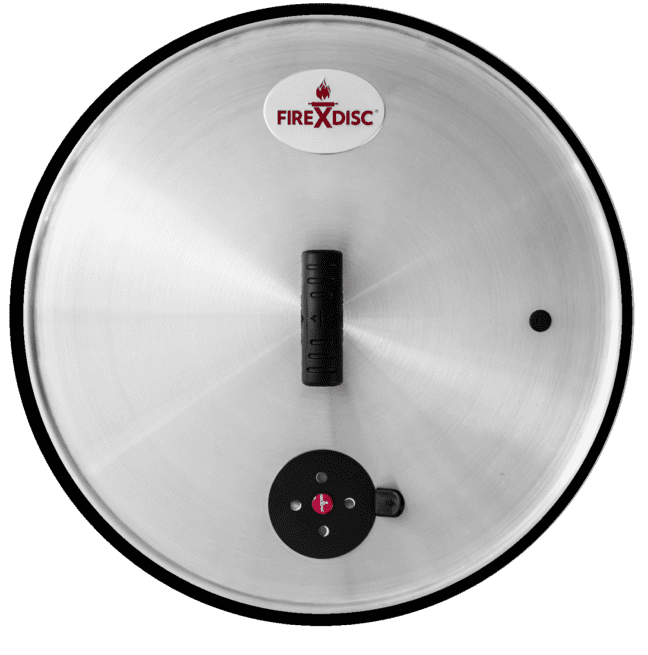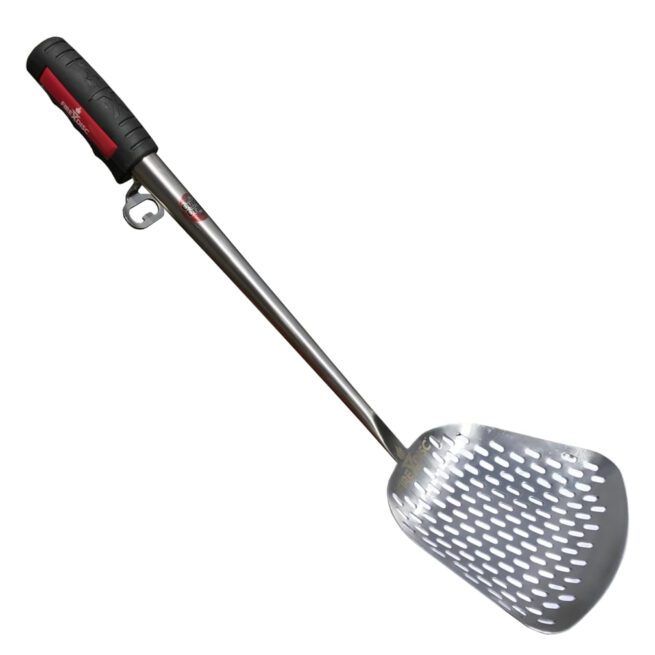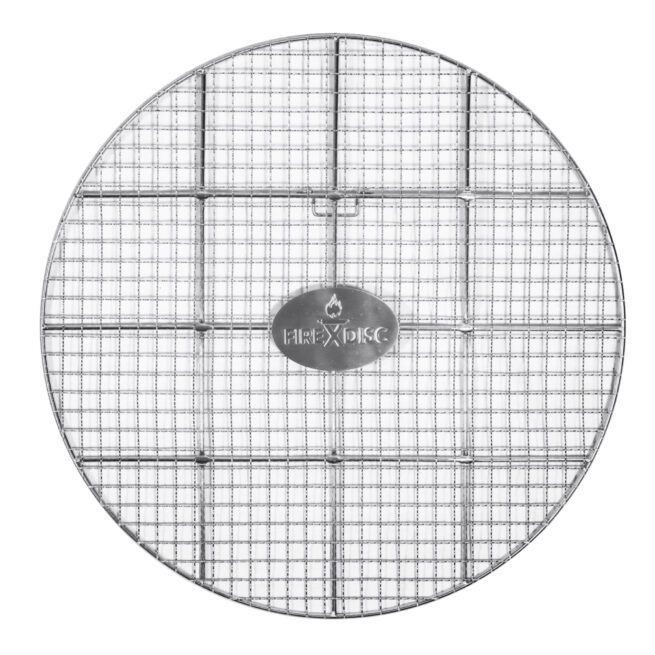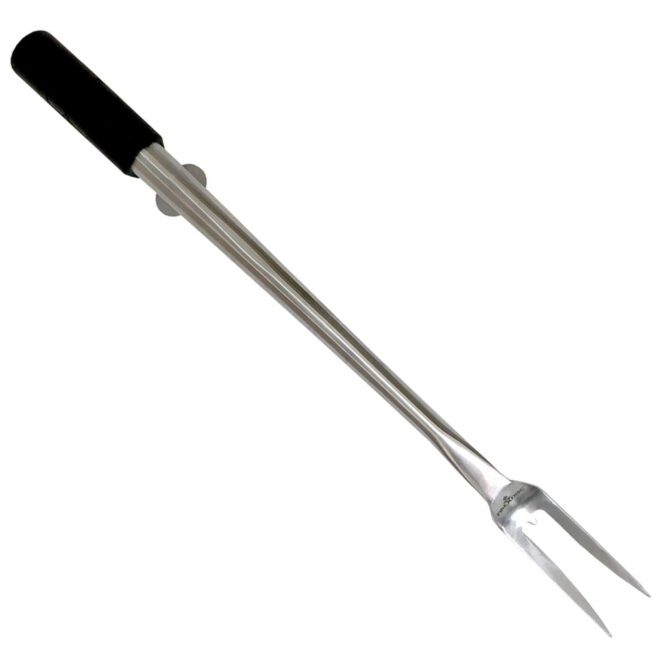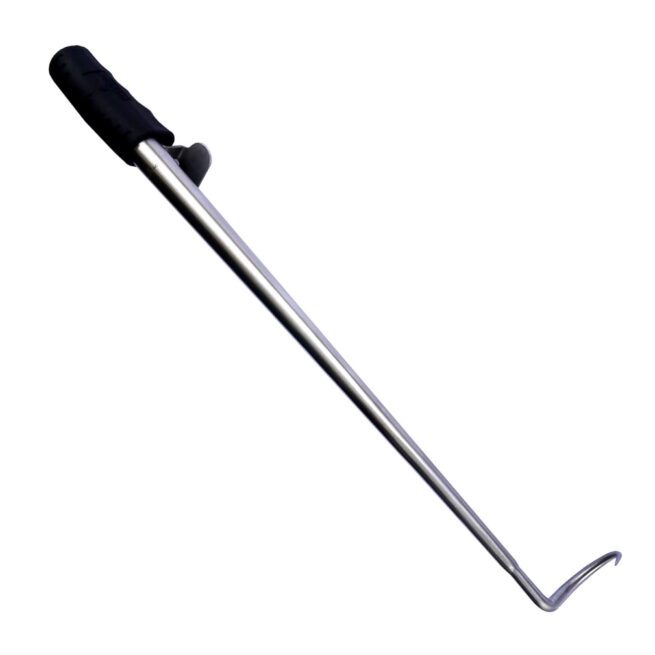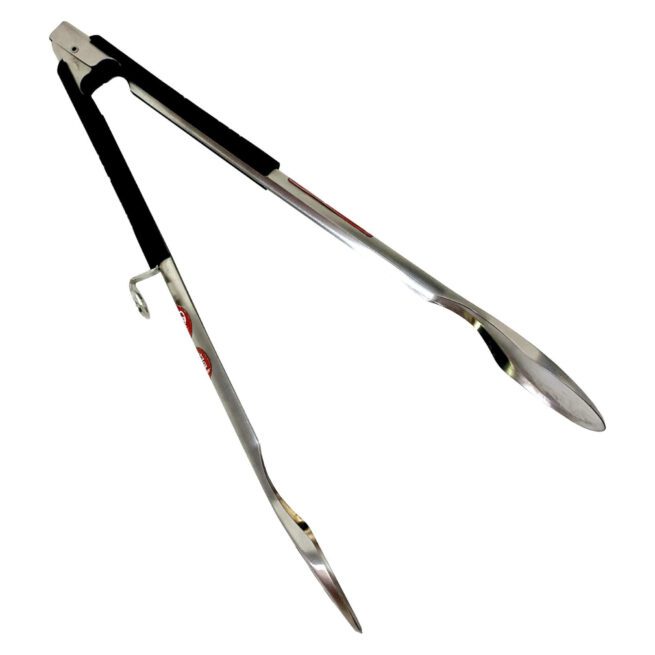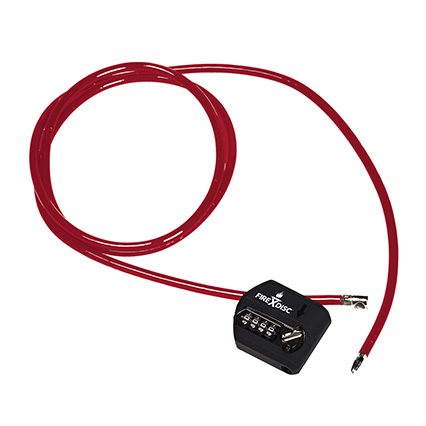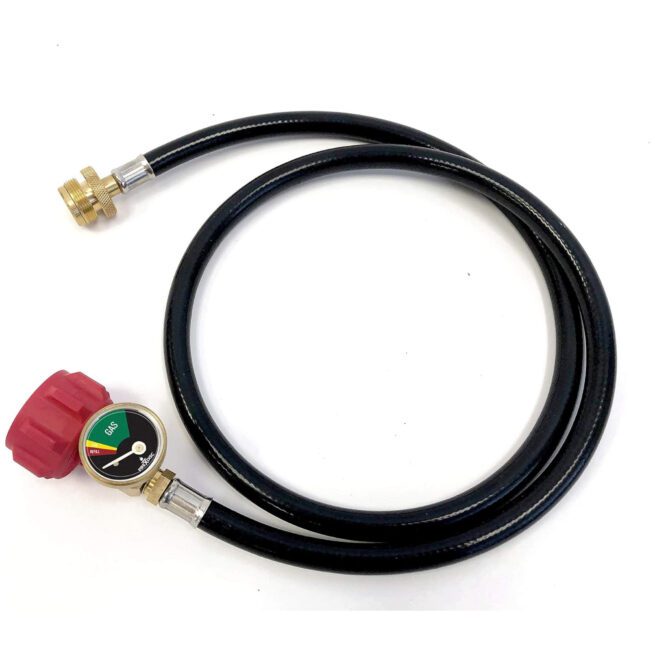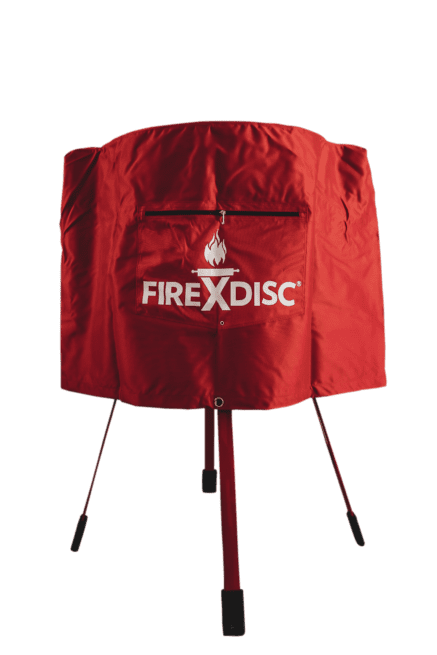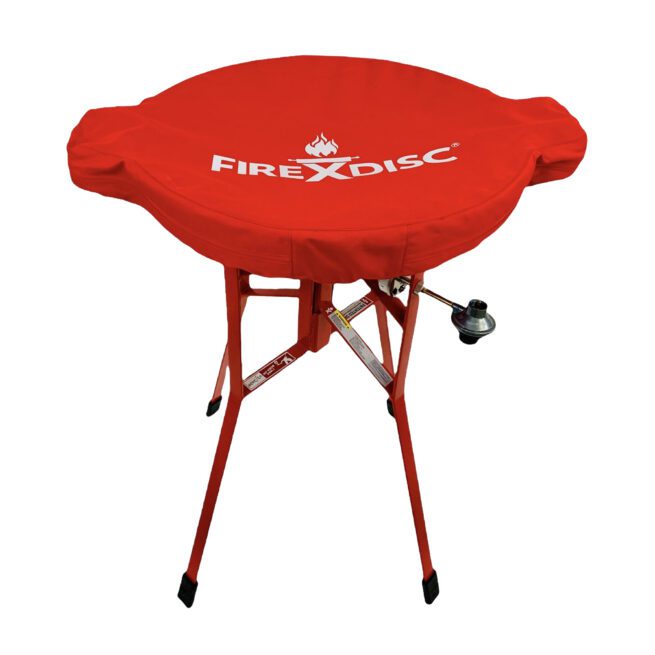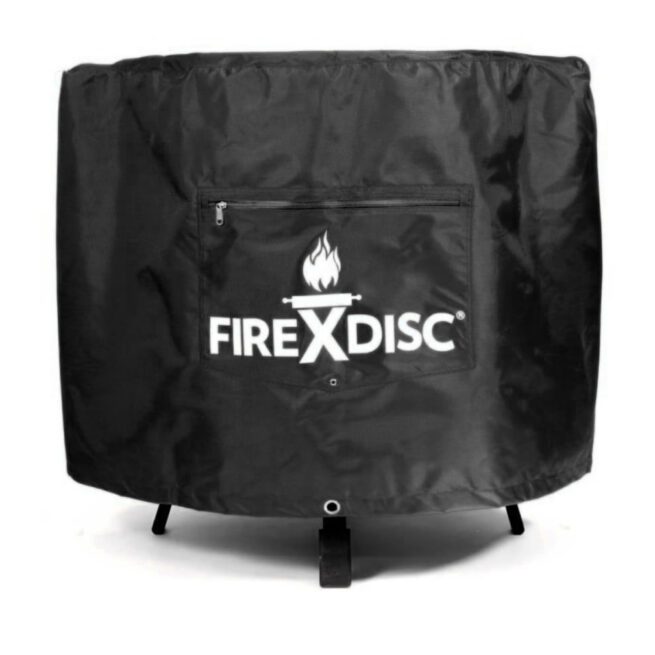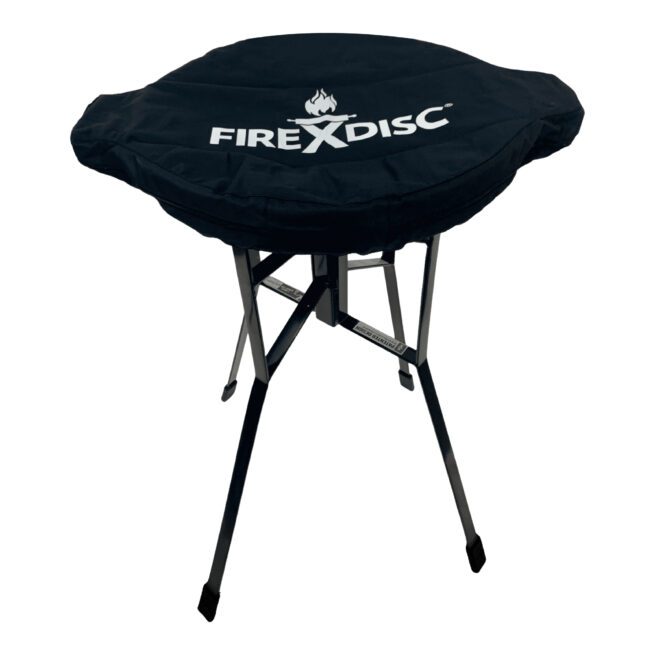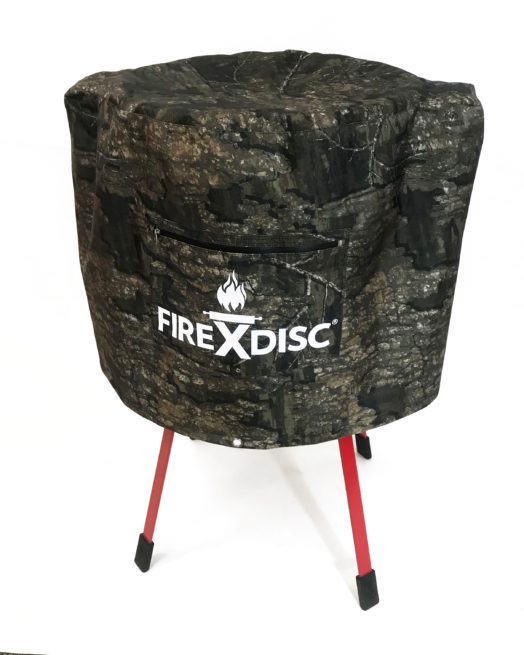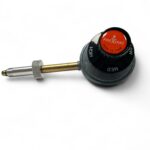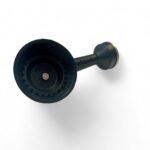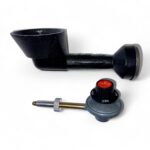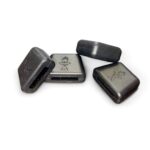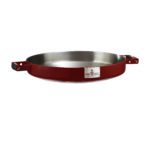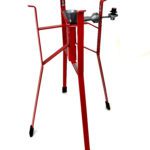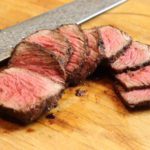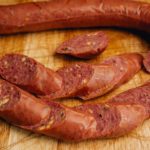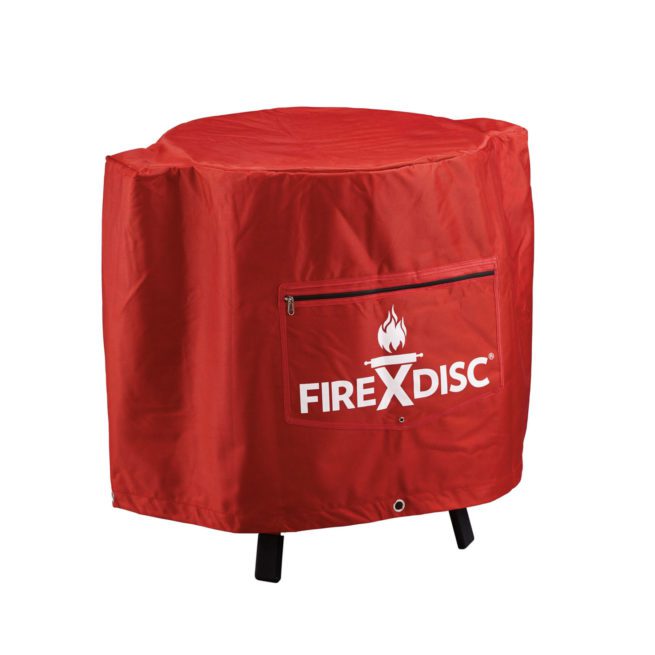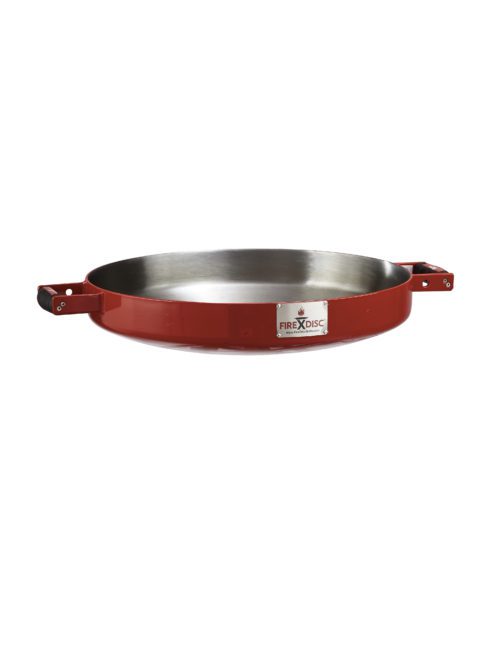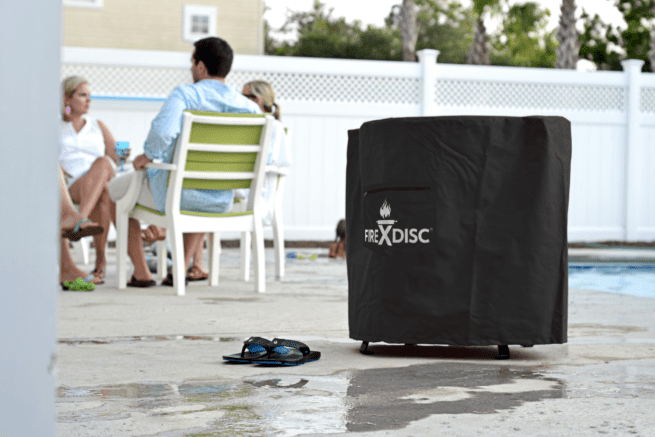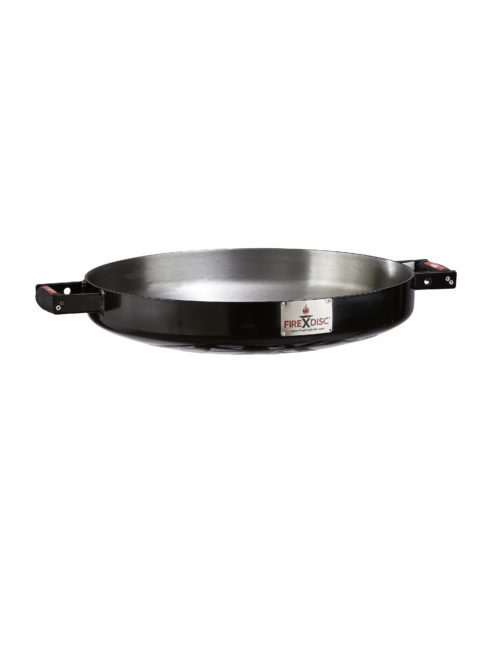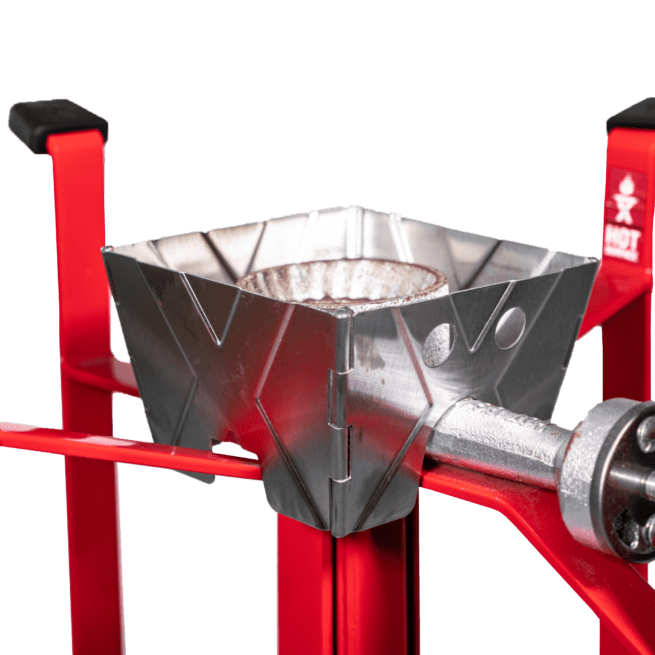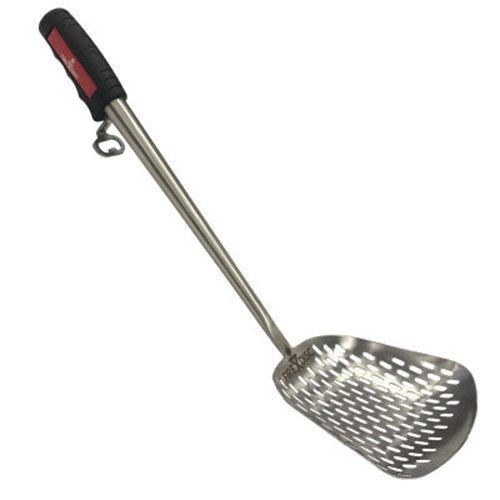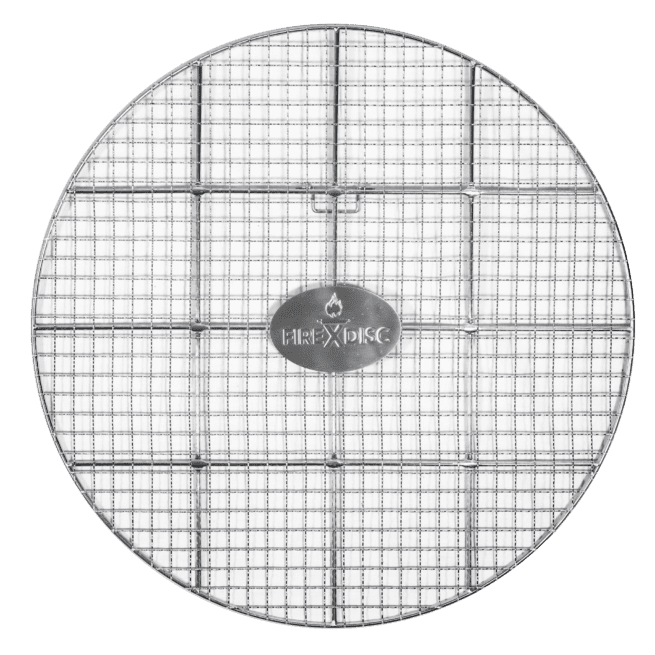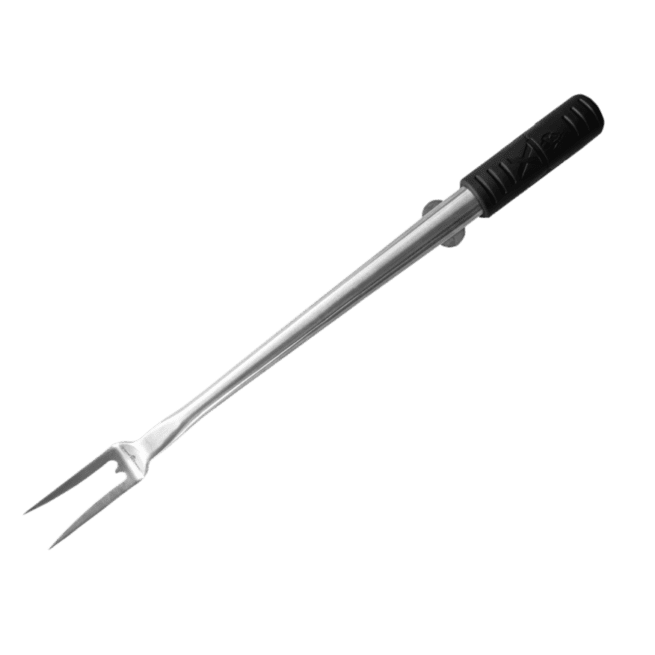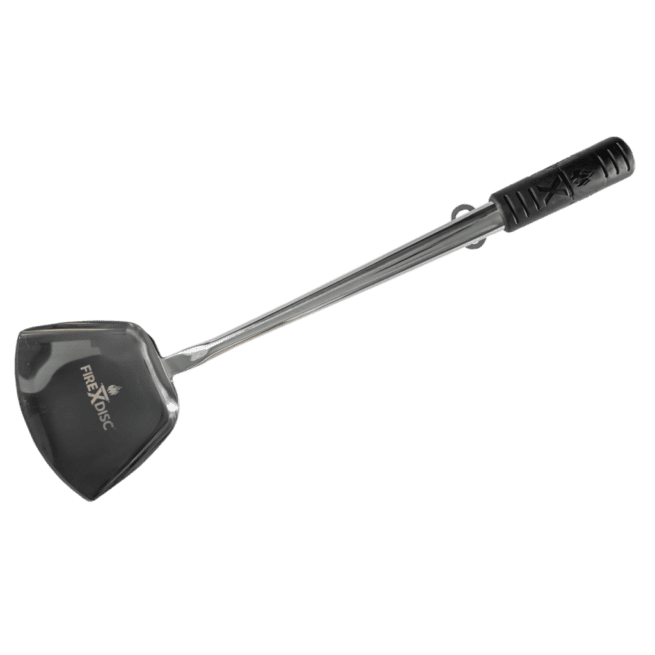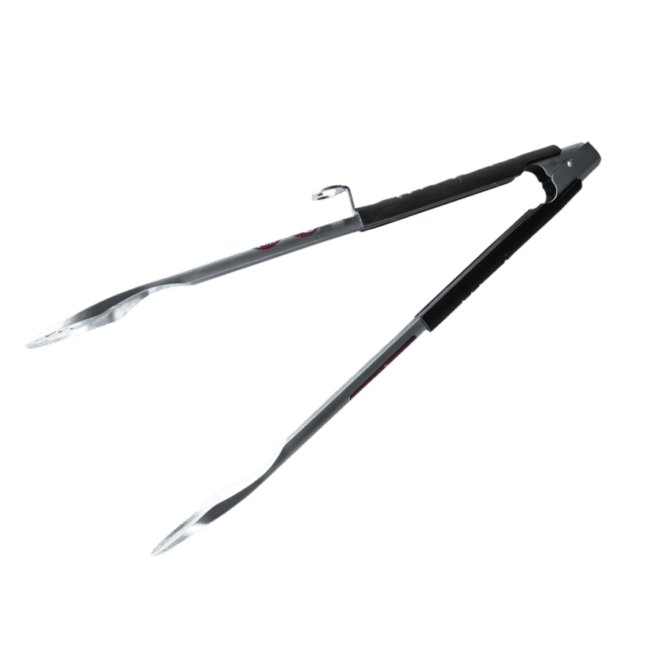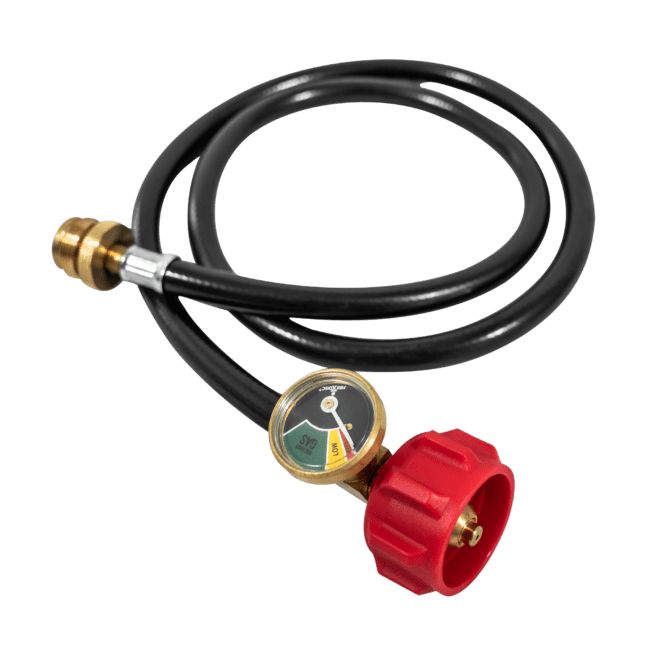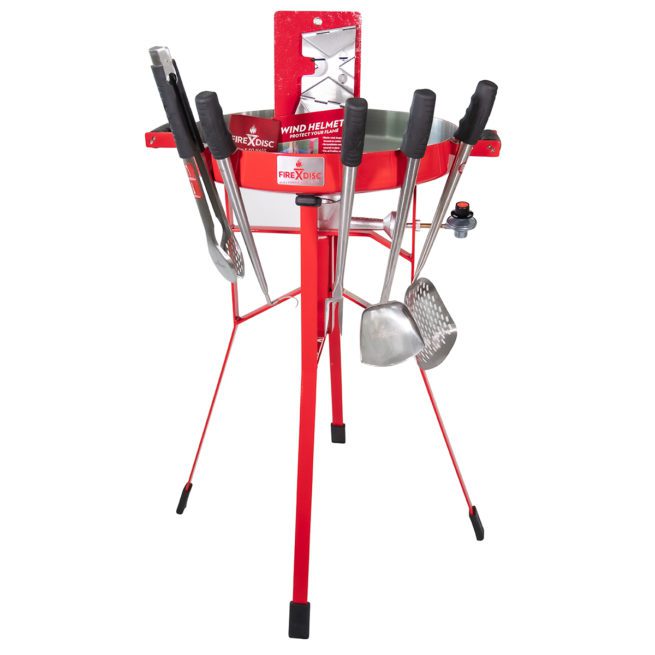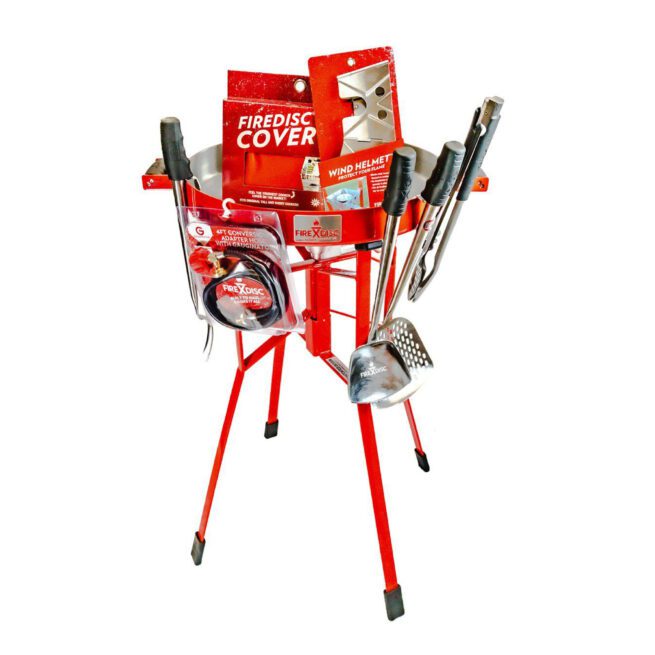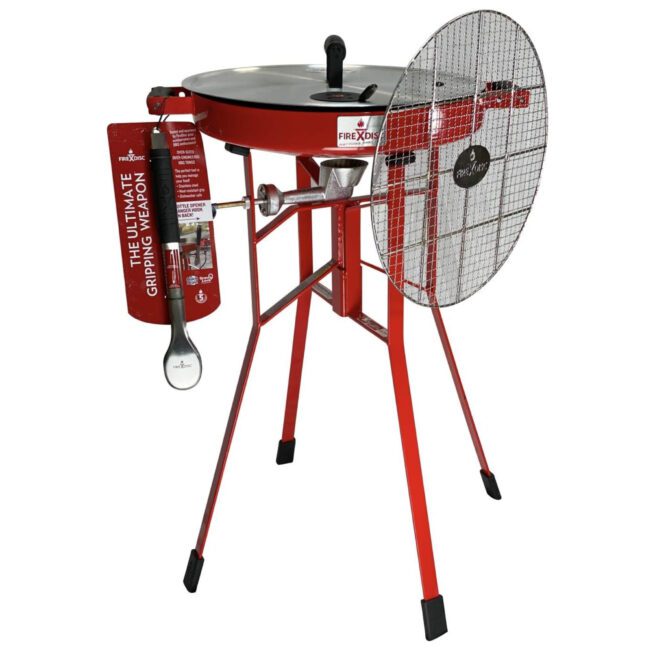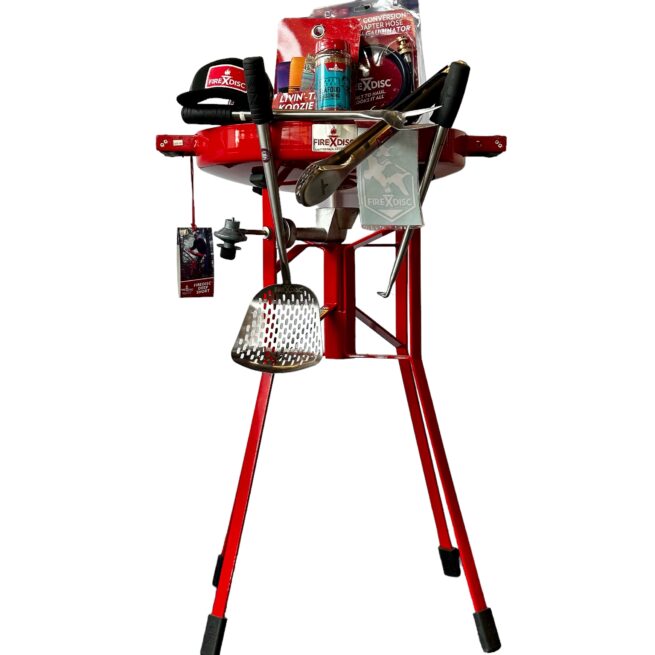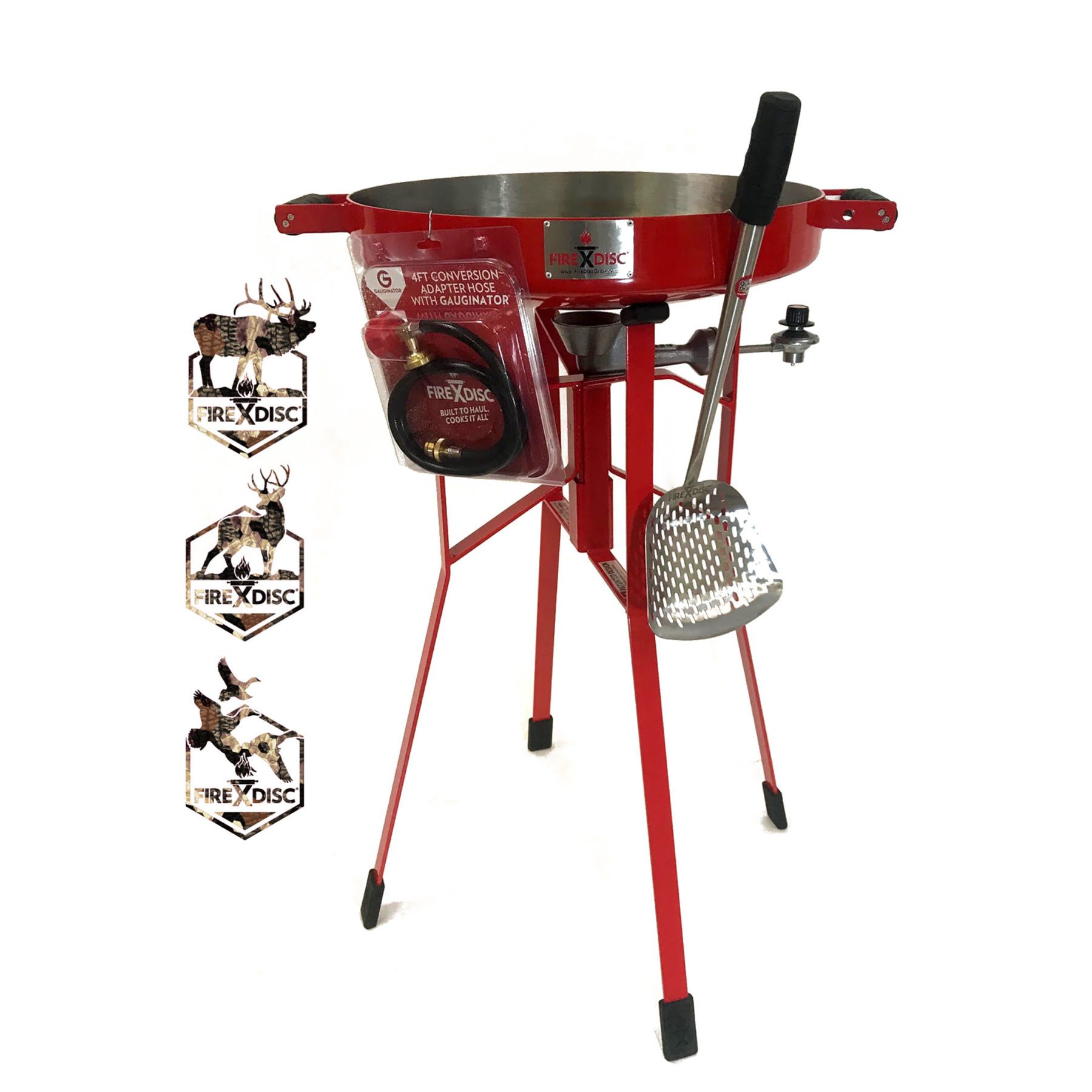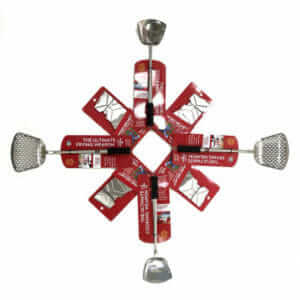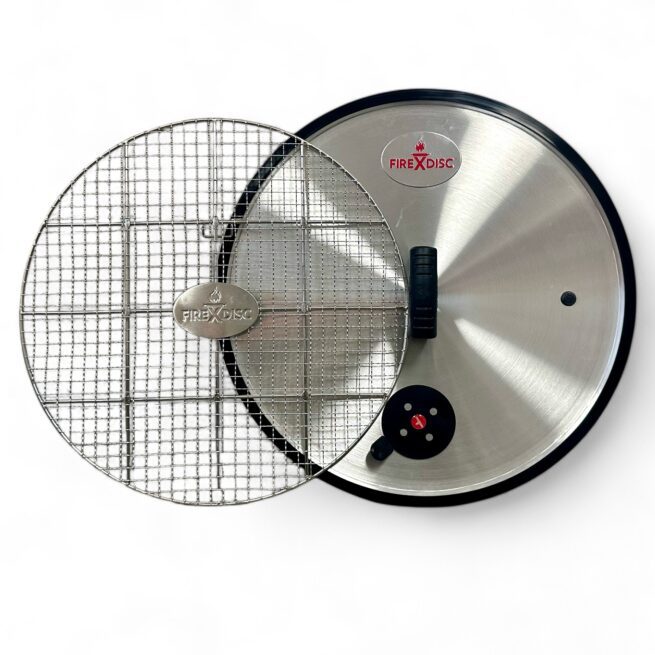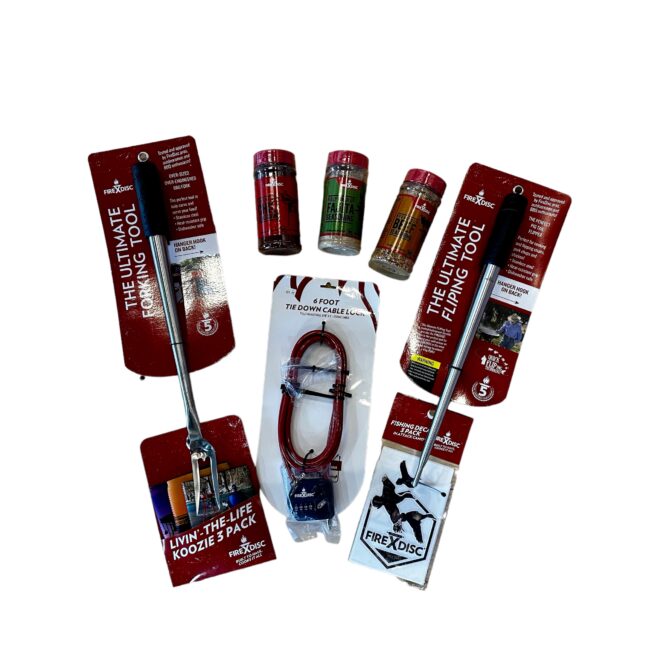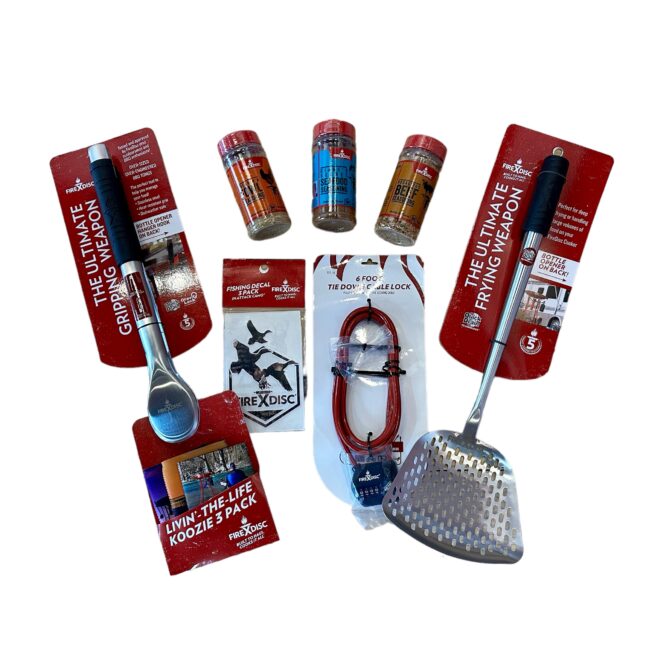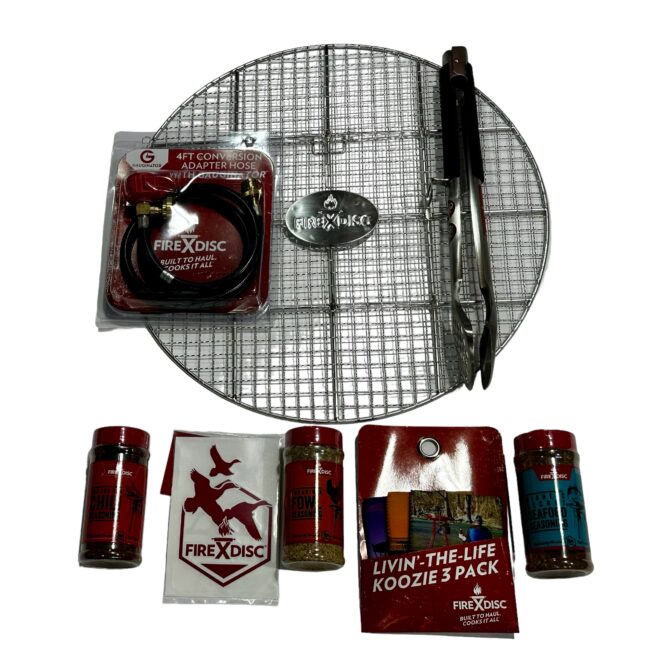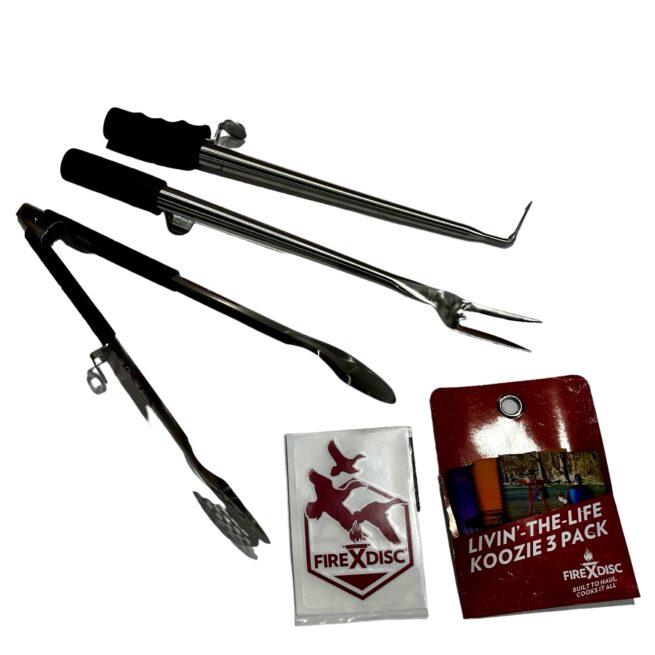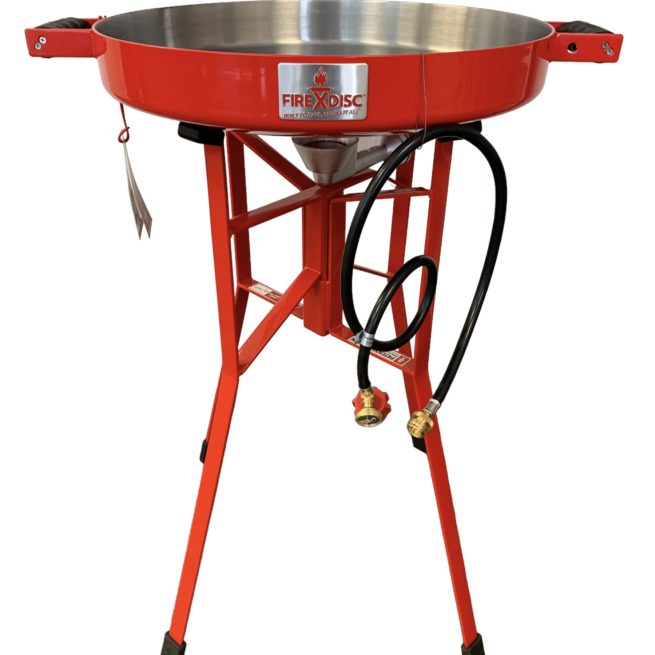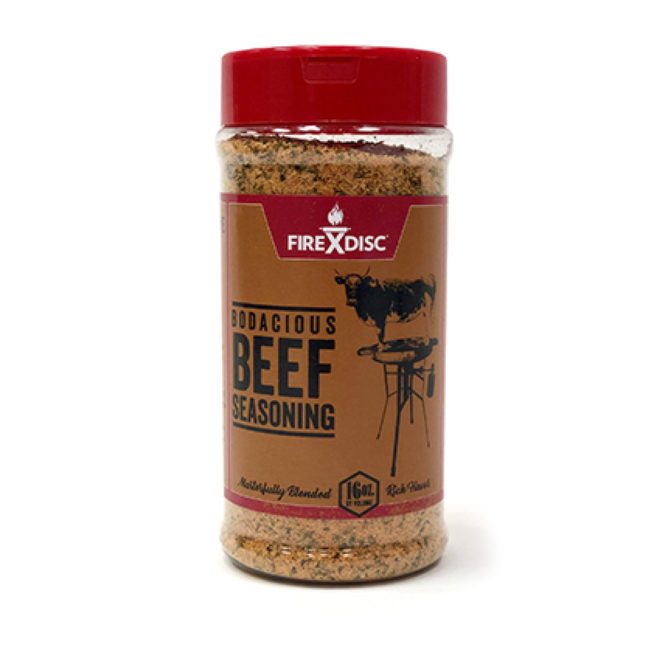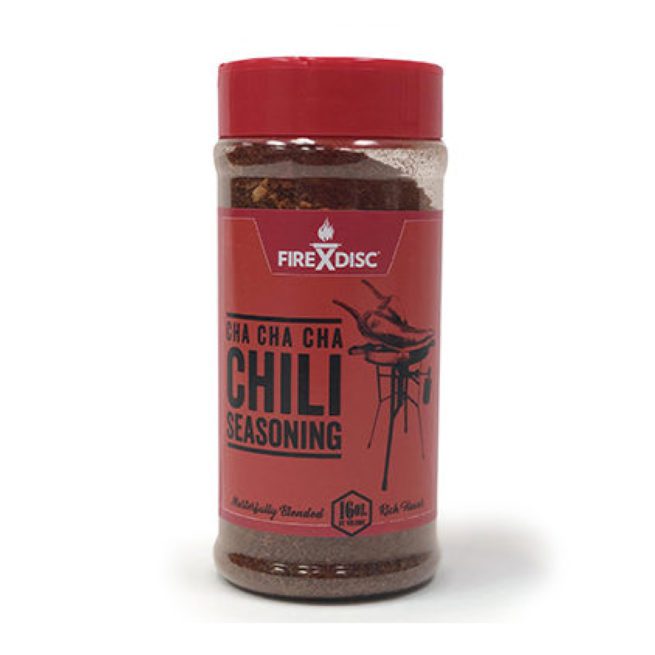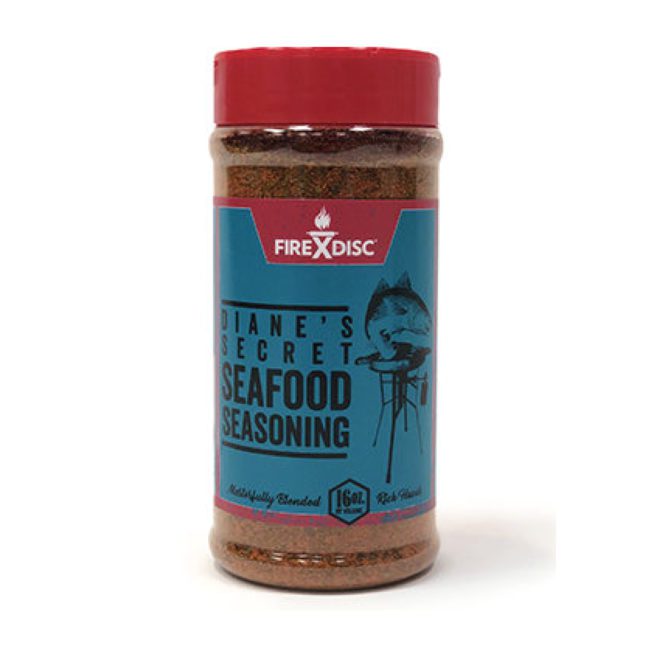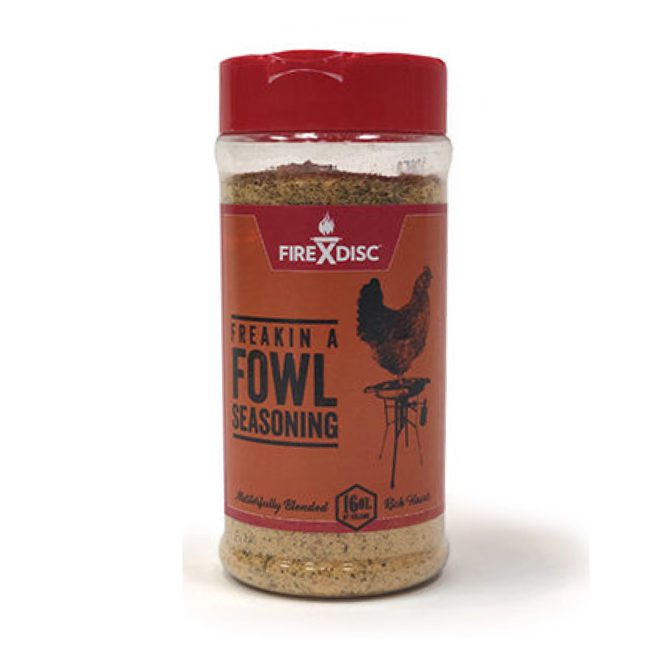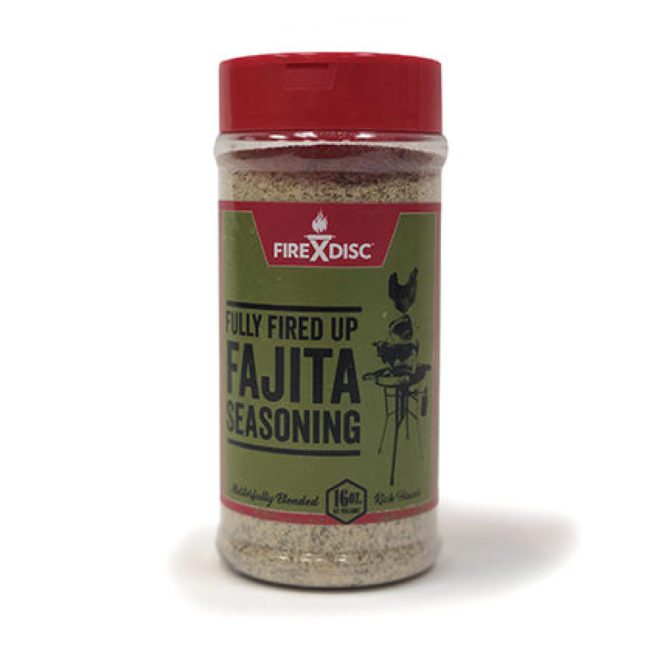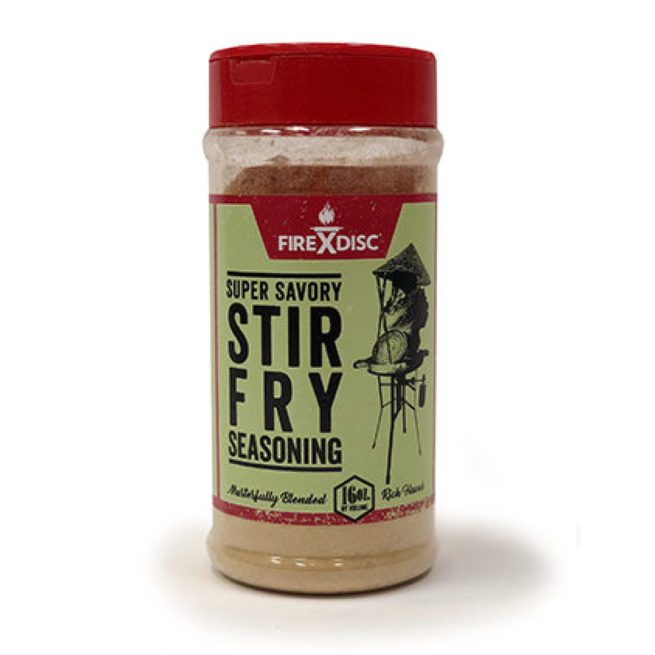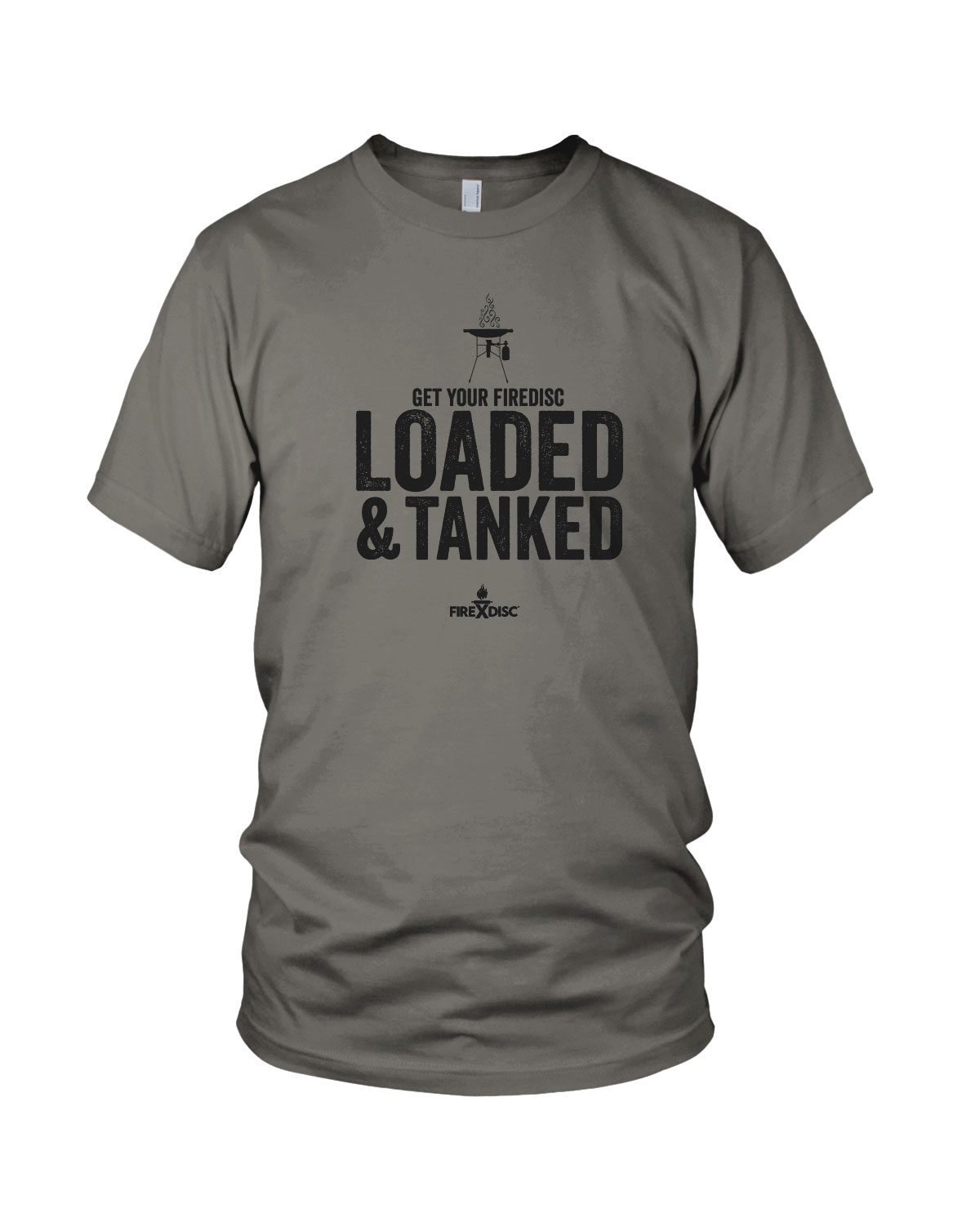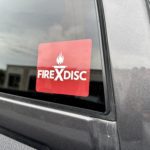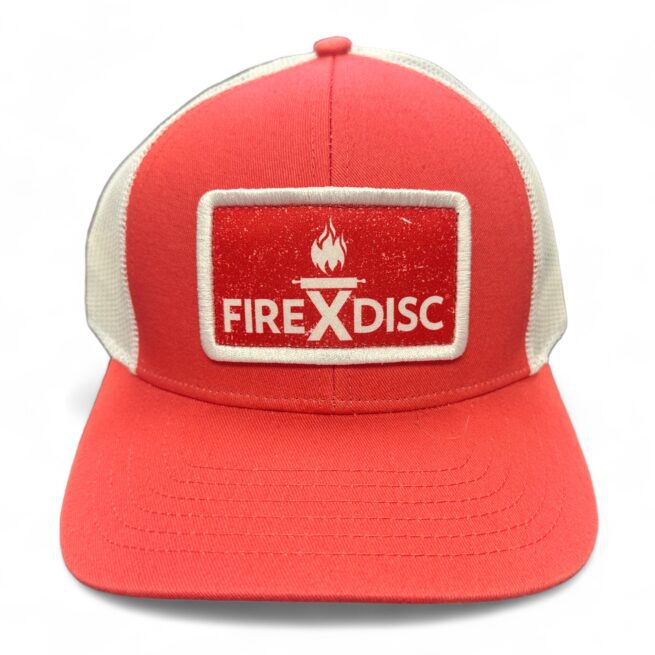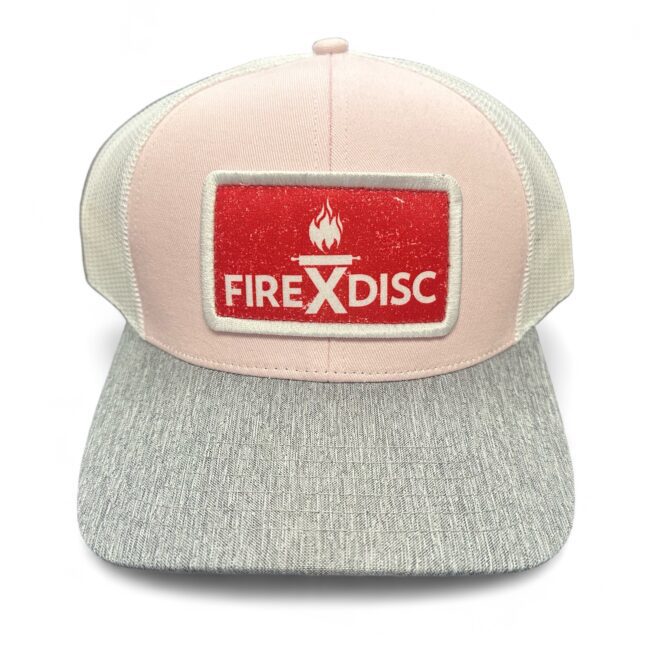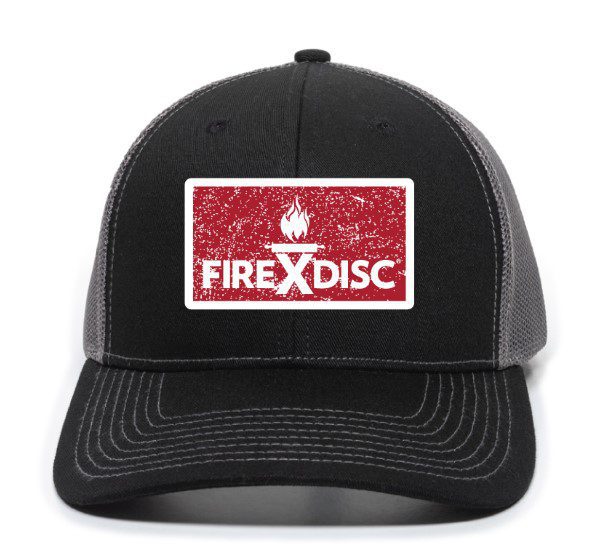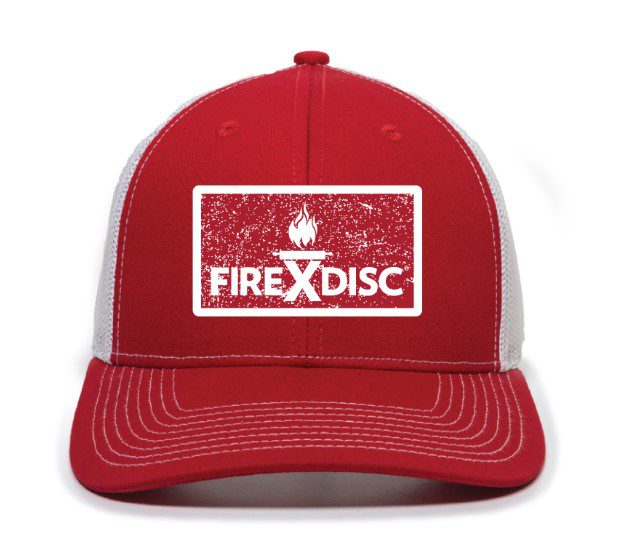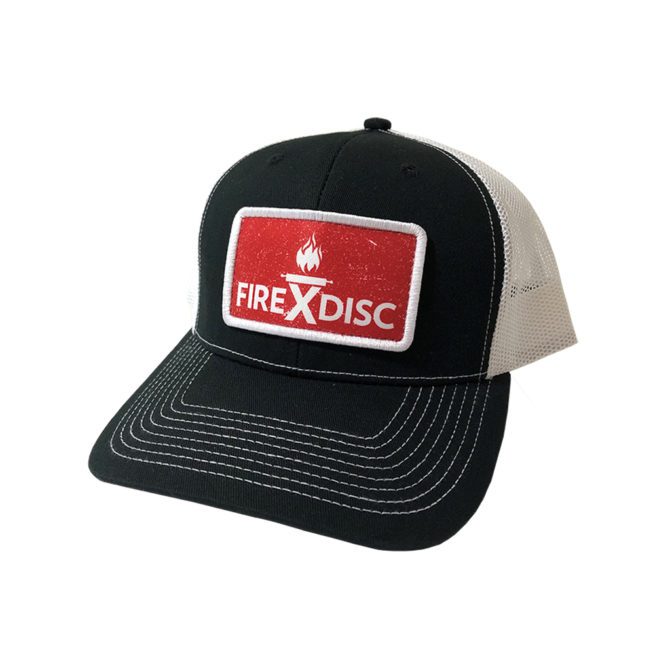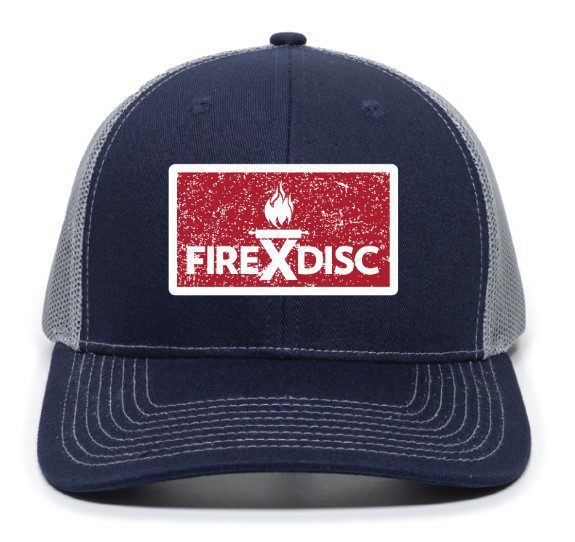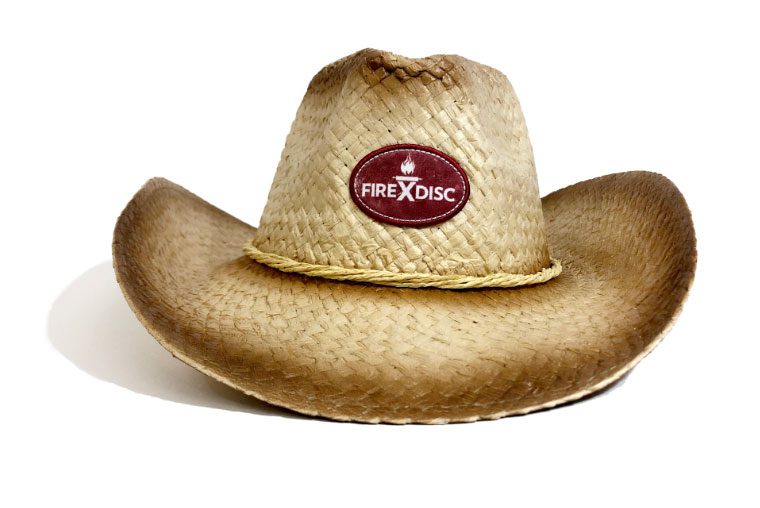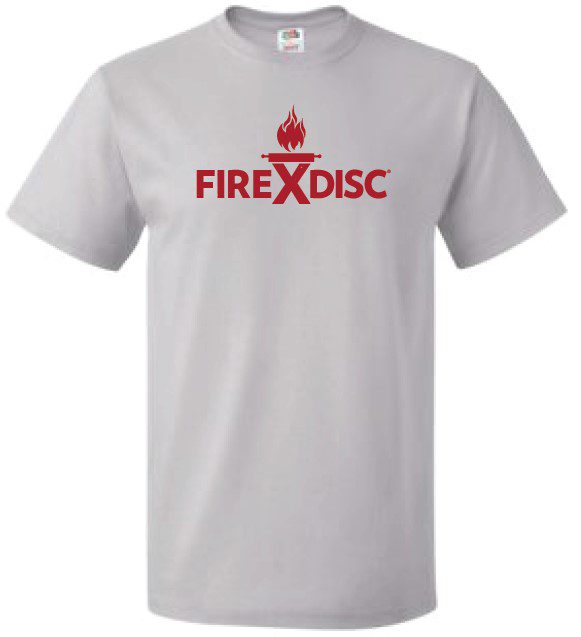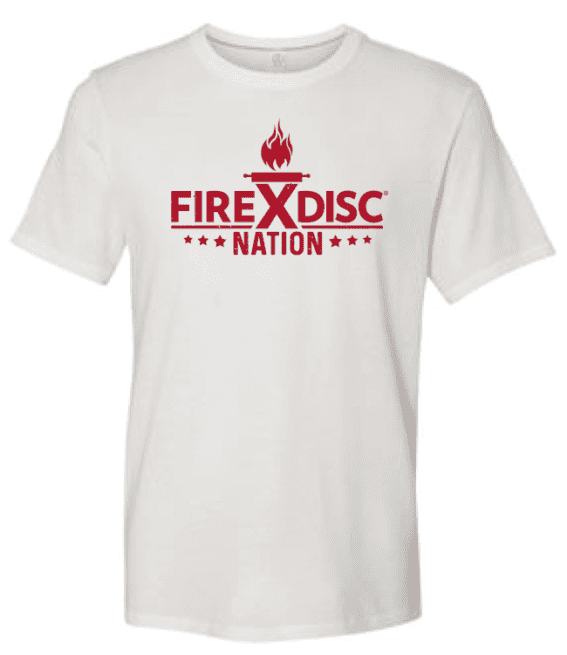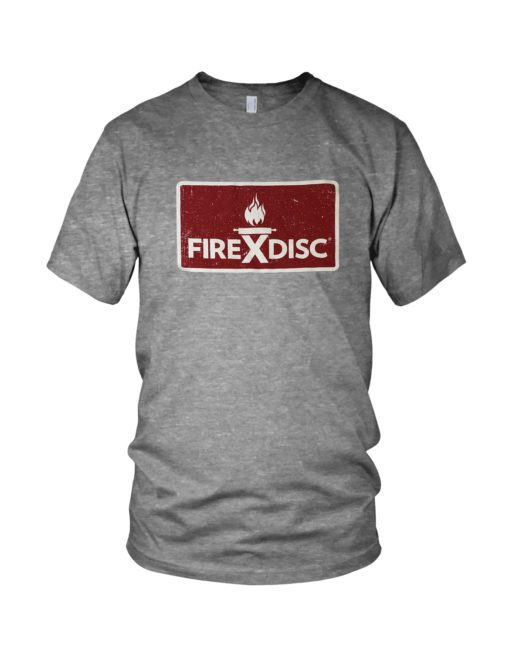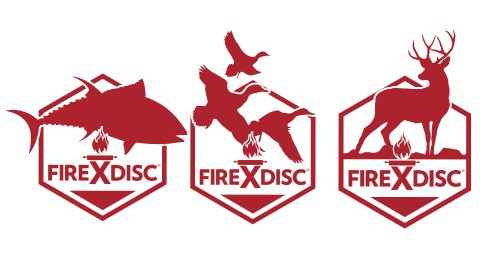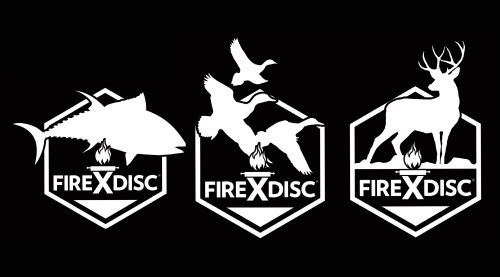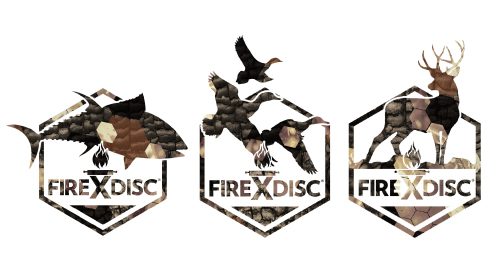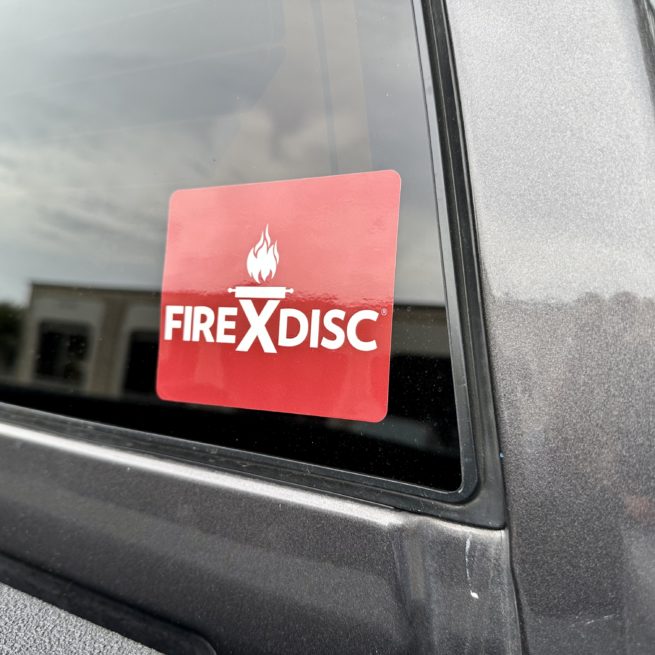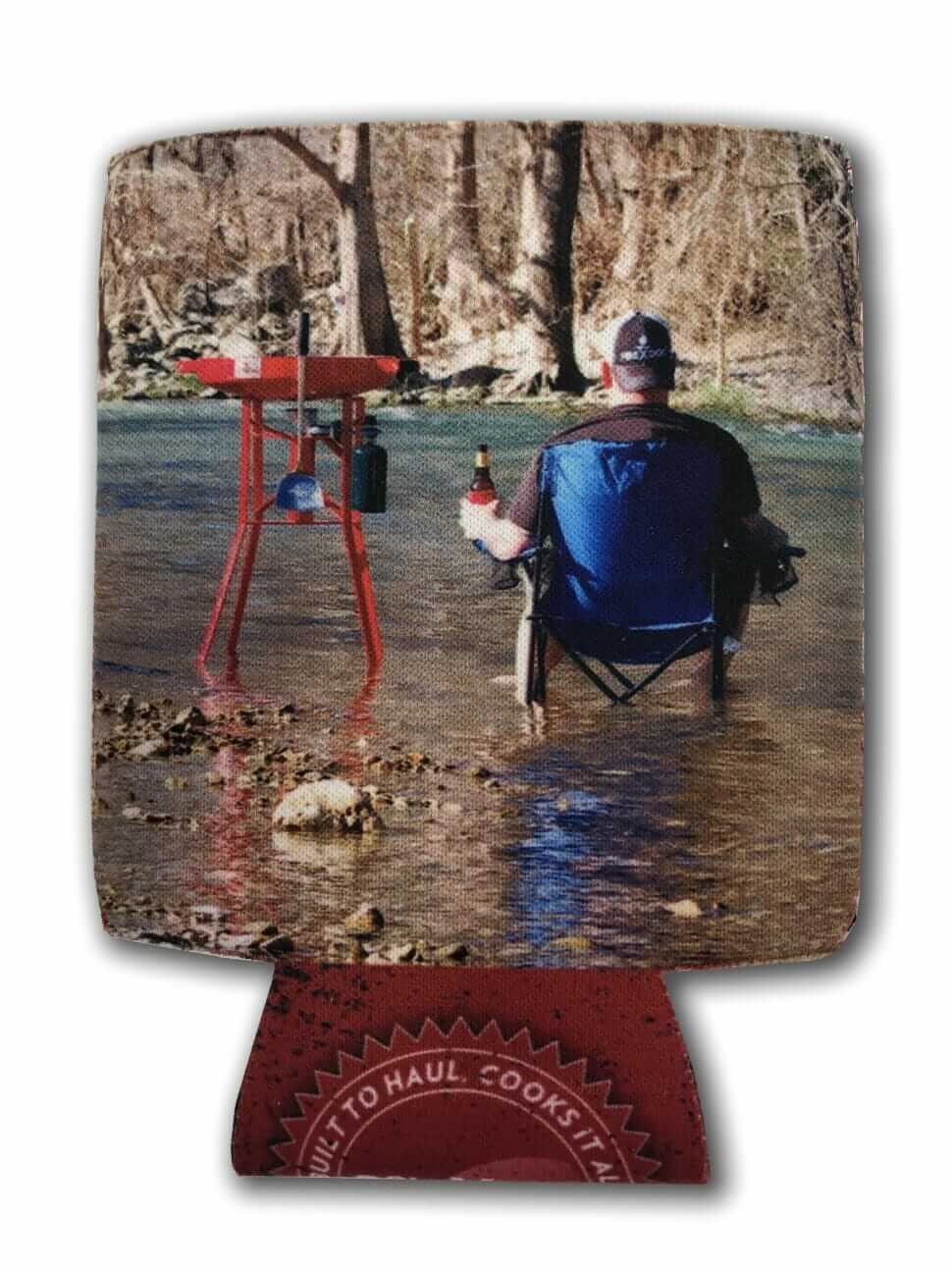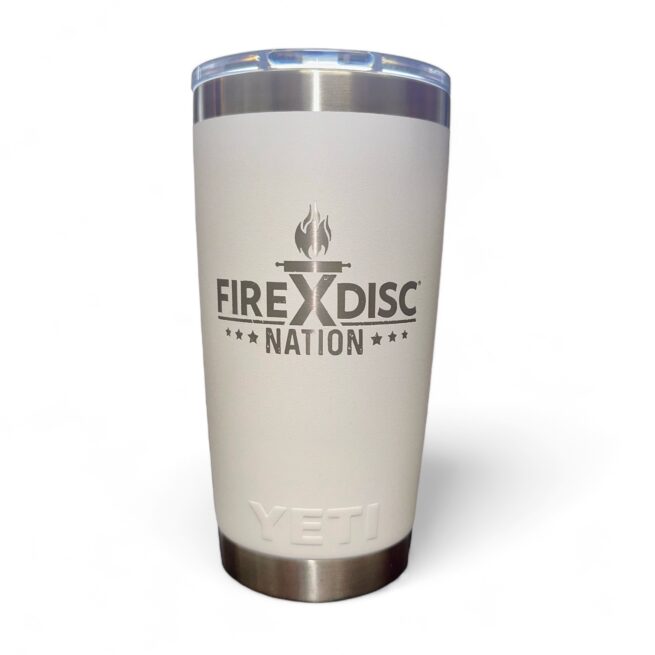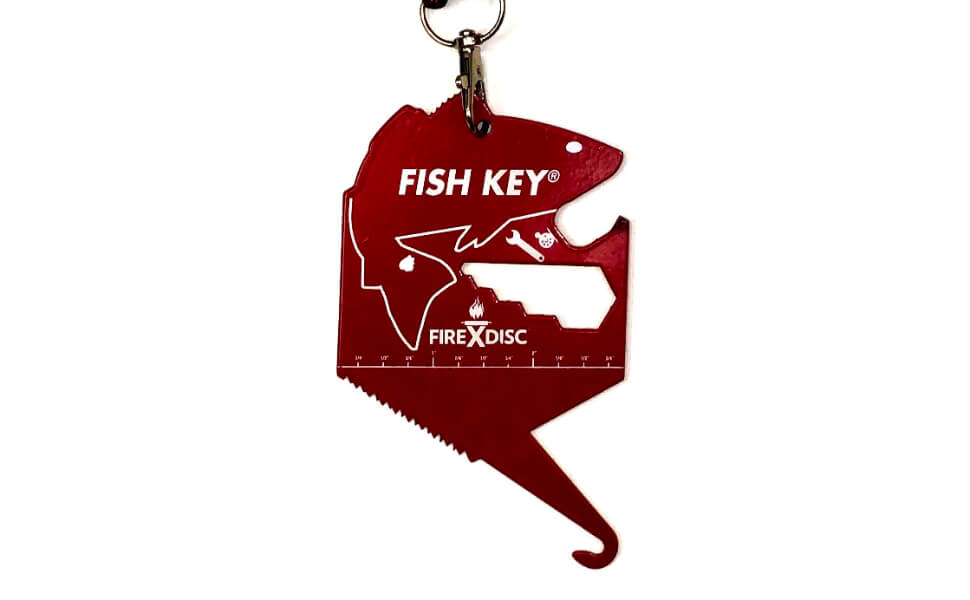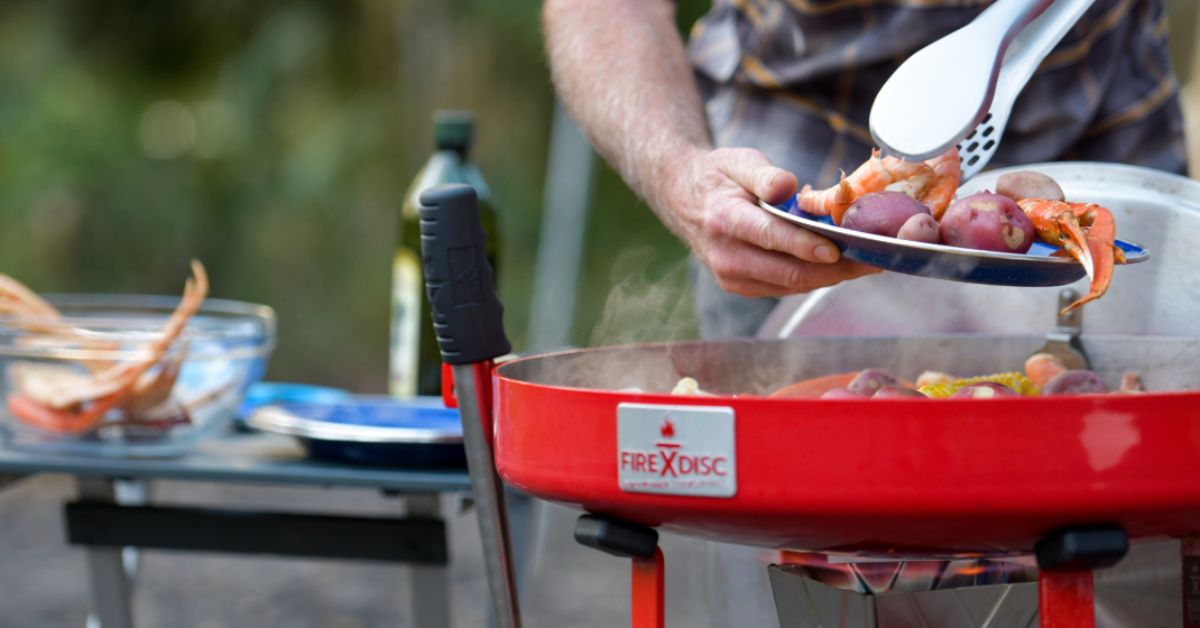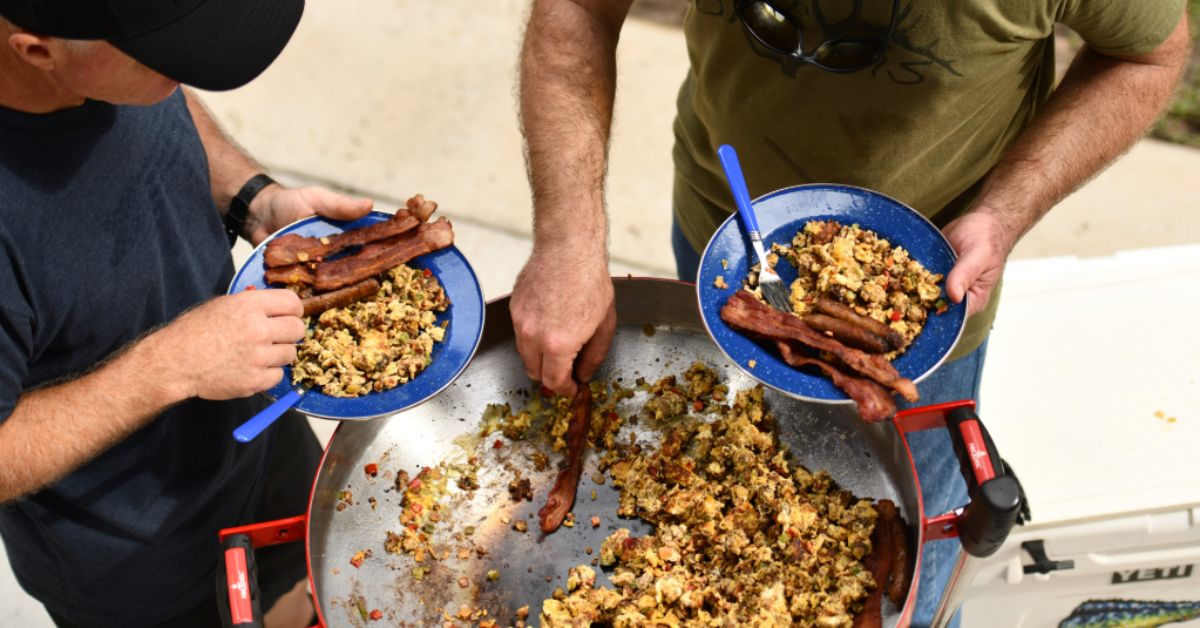Gas leaks in grills are rare but not unheard of. When gas escapes without being burned, it can accumulate and create a highly flammable environment. Additionally, inhaling propane or natural gas fumes can lead to health issues like dizziness or nausea. Keep everyone safe by learning what to do if you think your gas grill is leaking.
Signs Your Grill May Be Leaking
Strong Smell of Gas
One of the most noticeable signs of a gas leak is a strong, unpleasant odor that resembles rotten eggs or sulfur. This distinctive smell is intentionally added to propane and natural gas to help detect leaks quickly. If you catch a whiff of this odor around your grill, turn off the gas immediately and inspect the connections.
Hissing Sounds
A hissing noise near the propane tank, hoses, or connections, even when the grill is not in use, is another potential indicator of a gas leak. This sound occurs when gas escapes from a broken or loose connection in the system. If you hear this noise, turn off the gas supply immediately and thoroughly inspect the hose, valves, and connections.
Bubbles Forming When Applying Soapy Water
Applying soapy water to gas hoses and connections is a simple and effective way to check for leaks. If bubbles form upon application, it means gas is escaping from that area. This method is commonly used because it visually confirms a leak even when there is no smell or sound. Once a leak is identified, stop using the grill and repair or replace the faulty component before resuming use.
Smaller or Irregular Flames
If your grill’s flames appear smaller or flicker inconsistently during normal operation, it could be a sign of a gas leak. Leaking gas reduces the pressure in the system, which can lead to erratic flame behavior. The grill should produce a steady flame to efficiently and evenly cook. So, if you see any irregularities, turn off the grill and inspect the tank, hoses, and burners to identify the source of the problem.
Difficulty Igniting the Grill
A grill that struggles to ignite or heats inconsistently during use may be experiencing a gas supply issue due to a leak. Low gas pressure caused by escaping gas can make it harder for the burners to function properly. If you encounter this issue, perform a thorough inspection to rule out a leak.
Keep Heat Away
If you notice any of the signs of a potential leak, do not turn on the grill. Lighting the grill could lead to a fire or explosion.
Additionally, do not bring any heat source, such as candles, matches, or lighters, near the grill. Avoid smoking or using any other open flames close to the grill, as these can ignite leaking gas. Keep electrical devices, such as portable heaters or power tools, away, too, as they can create sparks that may trigger a fire or explosion.
Turn Off the Gas Supply
If you suspect a gas leak, your first action should be to turn off the grill’s gas supply. Cutting off the gas supply right away ensures your grill won’t release more gas into the air. Locate the valve on your propane tank or the main gas line connected to your grill and turn it to the off position. This will stop the flow of gas and minimize the risk of a larger leak.
Move the Grill to Ventilated Area
Next, move your grill to an open, well-ventilated space. Remember that FireDisc cookers are for outdoor use only. However, you may be able to move the cooker to a more open space to get better airflow. This can help disperse any residual gas more effectively and reduce the risk of hazards.
Here are signs that an outdoor space is well-ventilated:
- There is a consistent and natural airflow, such as a breeze, moving through the space.
- The area is free of obstacles, such as walls, fences, or dense vegetation, that could block air circulation.
- You can easily smell fresh air without noticing any lingering odors, such as gas or smoke.
- The space is open on multiple sides, such as a courtyard or clearing, rather than enclosed.
- There are no signs of fumes or visible accumulation of smoke or gas in the air.
Inspect the Grill Components
Take a close look at your grill’s parts, paying attention to the hose, valves, and connections. Check for signs of damage, such as cracks, corrosion, or loose fittings. These issues are often the culprits behind gas leaks and will require repairs before your grill is safe to use.
Regular maintenance and inspection can help you spot potential problems before they escalate. Keeping your grill in top shape ensures every cookout is safe and fun.
Call a Professional
If you can’t determine the source of the leak or aren’t comfortable making repairs, call a professional. A certified gas technician has the tools and expertise to inspect the grill thoroughly and fix the problem. They’ll make sure your grill is safe to use so you can get back to grilling with peace of mind.
Bringing in an expert is always the safest choice when you’re dealing with gas. After fixing the issue, they will also perform a test to make sure there are no remaining leaks before giving the green light to use the grill again.
How To Prevent Leaks
Fortunately, gas leaks in grills are relatively uncommon, thanks to the robust design and durability of modern grilling equipment. When maintained properly, most grills operate safely for years without any major issues. Additionally, the following simple steps can further reduce the chances of leaks.
- Inspect your grill regularly for any cracks, wear, or discoloration in hoses, connections, or the tank.
- Double-check and tighten all gas connections before grilling to prevent leaks and safety hazards.
- Store propane tanks upright in a cool, dry spot, away from heat, open flames, or enclosed spaces like cars.
- Turn off the gas supply at the tank after every grilling session to avoid accidental leaks or wasted gas.
- For long-term storage or transport, disassemble the FireDisc and store it indoors away from the elements.
Use FireDIsc-compatible hoses and other outdoor cooking accessories will also prevent leaks. Cheaper, poorly made components tend to wear out faster, increasing the likelihood of leaks over time. High-quality parts may cost more upfront but provide greater reliability and longevity.
Staying alert and taking proactive measures to prevent gas leaks is key to grilling safely. Watch out for strange smells, hissing sounds, or flickering flames. If there’s a gas leak, shut off the gas right away, move the grill to a safe open spot, and fix or replace the faulty parts. Regular inspections, proper storage, and turning off the gas supply after use can go a long way in keeping your grill in great shape.
